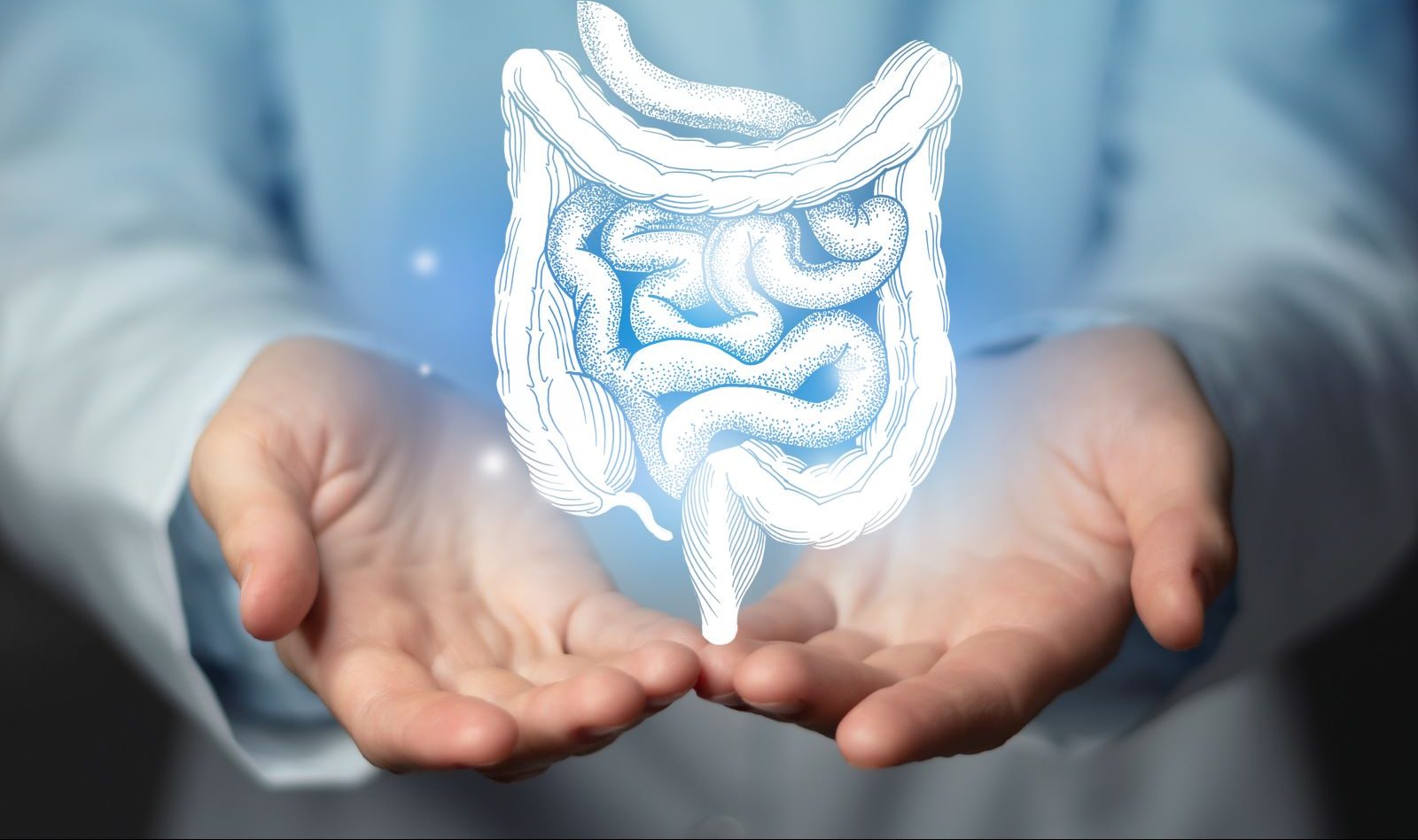<< Back
Kirstie Alley’s Death Highlights Importance of Colon Cancer Screening

December 07, 2022
Kirstie Alley’s sudden death came as a shock to many in Hollywood and beyond. What made it even more shocking was when her family revealed that the 71-year-old died from colon cancer.
According to a statement released by her family, the cancer was “only recently discovered.”
When detected early before it spreads, colon cancer has more than a 90% five-year survival rate. But only four out 10 colorectal cancers are found this early, says Christine M. Bartus, MD, colorectal surgeon with The Hospital of Central Connecticut.
Dr. Bartus explains why early detection of colon cancer could save your life.
> Schedule my colonoscopy today
How does colon cancer develop?
Colorectal cancer typically starts as a polyp in the inner lining of the colon or rectum. Left alone, some of these polyps will progress into colon or rectal cancer.
“Nearly half of people will have a polyp in their colon by the age of 50,” Bartus notes. “Family history, age, diet, smoking and obesity are considered risk factors for colorectal cancer. However, polyps can still form without any of those risk factors.”
Why can colon cancer go undetected?
Colorectal cancer may not display symptoms early on. By then, the disease may have progressed.
Dr. Bartus says symptoms often associated with the disease include:
- Change in bowel habits, such as constipation and diarrhea that lasts more than a few days
- Weight loss
- Rectal bleeding
- Blood in the stool
- Cramping or abdominal pain
- Weakness or fatigue
How can you check for colon cancer?
A colonoscopy is one of the few screening tests that can prevent colon cancer. The procedure allows doctors to locate and remove polyps before they have the chance to become cancer.
“Death rates from the disease have been decreasing over the years likely due to the improvement of screening and treatment,” says Dr. Bartus.
The new recommendation is for people with an average risk for colon cancer to start getting colonoscopies at the age of 45. Anyone needing to assess their risk should discuss the matter with their doctor.